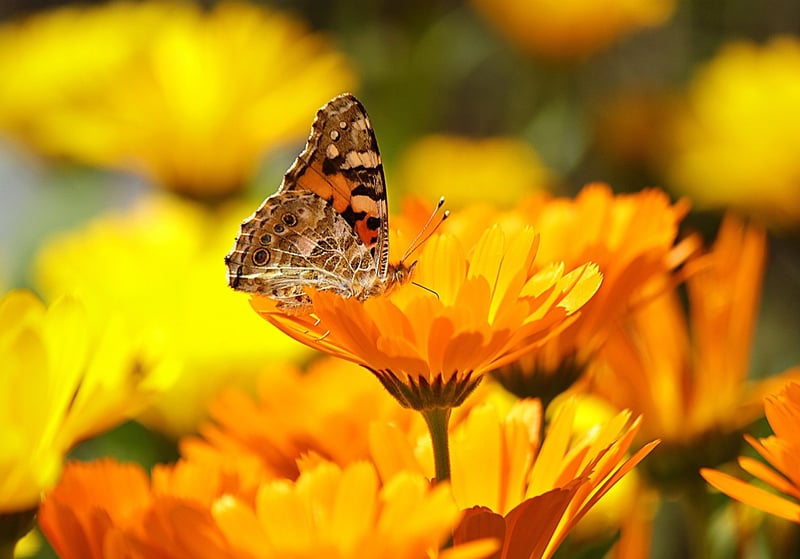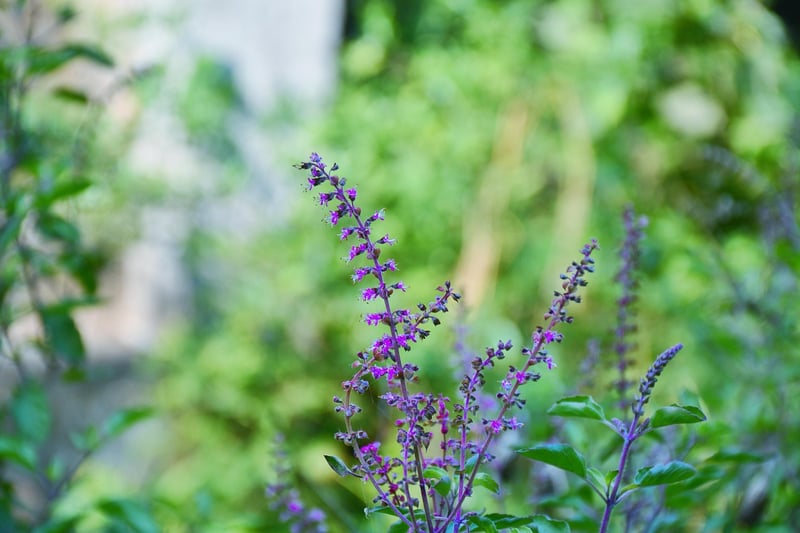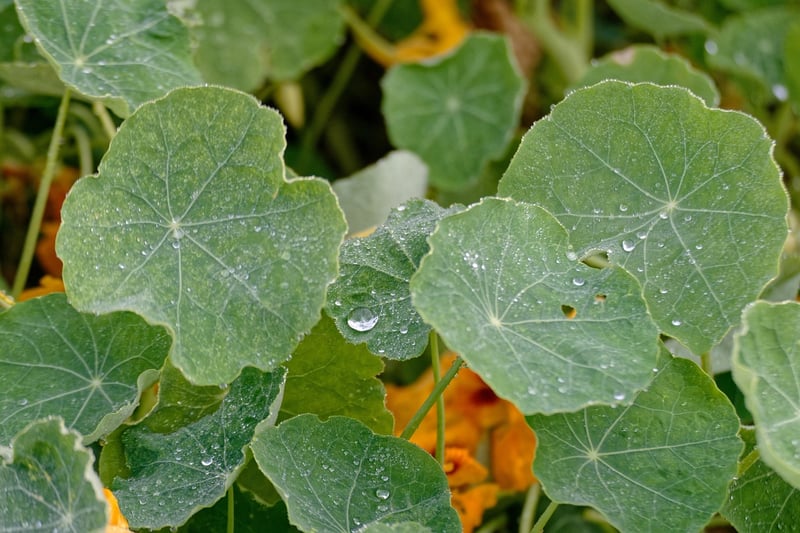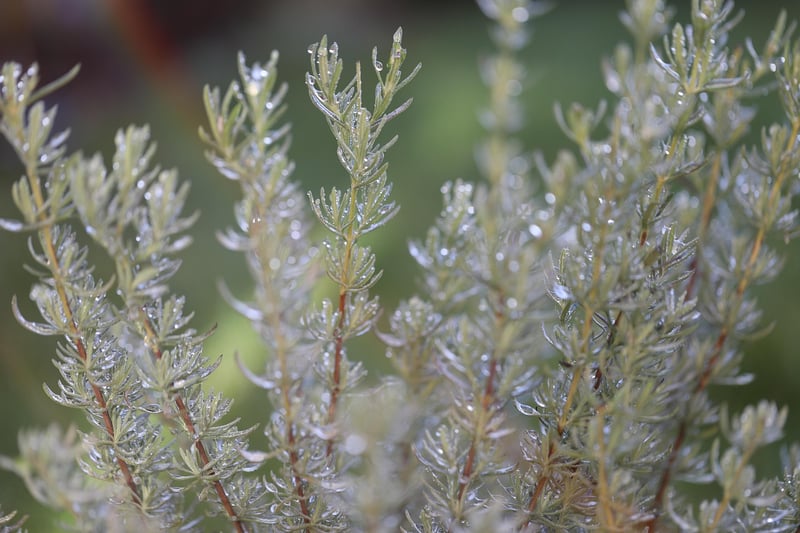Companion planting techniques
Protect Your Garden Without Harmful Chemicals
Your garden is a place of beauty and tranquility, but it can also be a battleground against pests and diseases. While chemical pesticides and herbicides may seem like a quick fix, they can harm the environment, beneficial insects, and even pose risks to your health. Fortunately, there are natural and effective ways to protect your garden without resorting to harmful chemicals.
Companion Planting Techniques
Companion planting is a gardening technique where different plants are grown together to benefit each other in various ways, such as pest control, pollination, and nutrient uptake. By strategically planting certain combinations of flowers, herbs, and vegetables, you can create a balanced ecosystem that naturally deters pests and promotes plant health.
1. Marigolds
Marigolds are not only beautiful additions to your garden but also act as natural insect repellents. Their strong scent deters pests like aphids, mosquitoes, and nematodes, making them excellent companions for tomatoes, peppers, and roses.

2. Basil
Basil is not just a flavorful herb for your kitchen; it also repels mosquitoes, flies, and aphids when planted near tomatoes, peppers, and oregano. Plus, it enhances the flavor of neighboring plants and attracts beneficial insects like bees.

3. Nasturtiums
Nasturtiums are vibrant flowers that act as a trap crop for aphids and caterpillars, drawing them away from your vegetables. Plant them near squash, cucumbers, and radishes to protect your crops from these common pests.

4. Rosemary
Rosemary is a fragrant herb that repels cabbage moths, carrot flies, and slugs. Plant it near beans, cabbage, and carrots to keep these pests at bay and add a savory touch to your garden.

5. Sunflowers
Sunflowers not only bring cheer to your garden with their bright blooms but also attract beneficial insects like ladybugs and pollinators. Plant them near cucumbers, melons, and squash to encourage pollination and natural pest control.

By incorporating these companion planting techniques into your garden, you can create a thriving ecosystem that minimizes the need for harmful chemicals. Not only will your plants benefit from natural pest control and improved health, but you'll also enjoy a more sustainable and eco-friendly garden.
Remember, a healthy garden is a happy garden!
